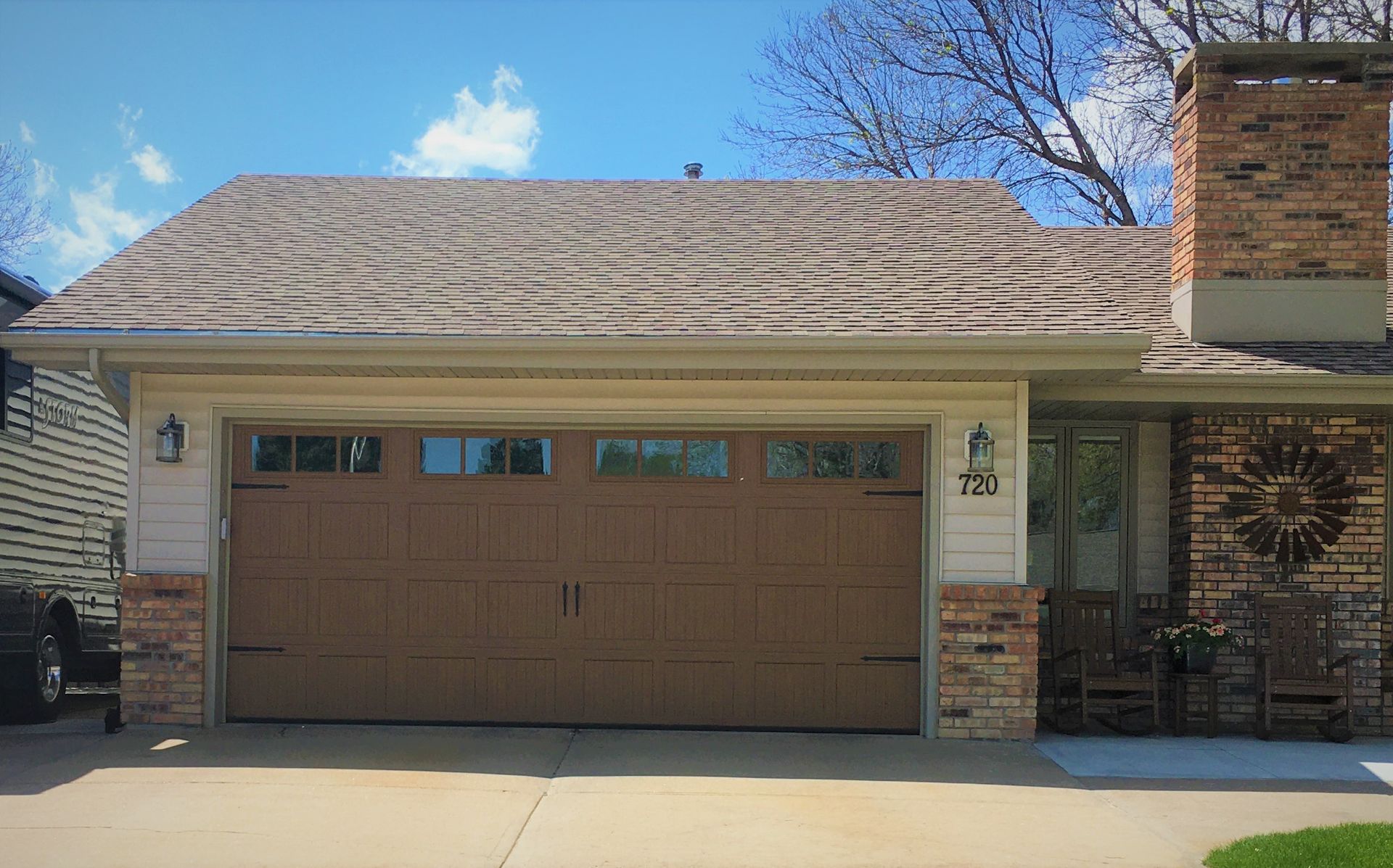Did you know that roof insulation is essential to your home’s energy efficiency? Let’s explore how effective insulation enhances roof performance, reduces energy costs, and makes your home more comfortable.
The Connection Between Insulation and Roof Effectiveness
Insulation plays a critical role in your roof’s effectiveness by preventing heat loss in the winter and keeping cool air inside during the summer. A well-insulated roof helps regulate your home’s temperature, keeping it more comfortable year-round.
How Insulation Affects Heating and Cooling Costs
Inadequate insulation forces heating and cooling systems to overwork, driving up your energy bills. Upgrading your roof insulation helps retain temperature, reduce energy costs, and lower your carbon footprint.
How to Upgrade Your Roof Insulation Effectively
- Choose the Right R-Value: Opt for a higher R-value to boost insulation performance. Select the appropriate R-value depending on your climate zone.
- Use Reflective Insulation: Consider upgrading to reflective insulation to reduce heat absorption and improve energy efficiency in hotter climates.
- Seal Air Leaks: Check for and seal air leaks around chimneys, skylights, and vents to improve insulation effectiveness and prevent air loss.
- Insulate the Attic: Attic insulation is key to preventing heat loss through the roof, as heat naturally rises. Ensure your attic is well-insulated.

How Weathercraft Ensures Maximum Roof Insulation Efficiency
At Weathercraft, we recommend using high-quality, eco-friendly insulation materials that provide long-lasting performance. Our experts will assess your home’s specific needs and recommend the best insulation solutions to maximize energy efficiency while staying within your budget.